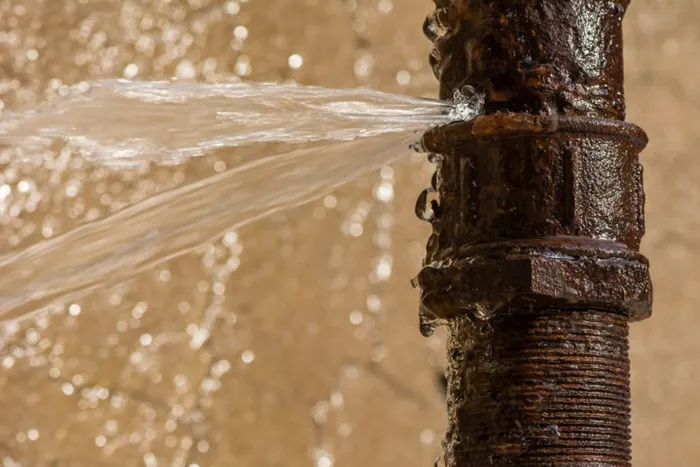eThekwini Municipality battles non-revenue water crisis with new initiatives
BACKLOGS REDUCED

The eThekwini municipality has reduced its backlog of water repairs as part of efforts to address the non-revenue water problem.
Image: File
The latest report from the eThekwini Municipality's Water and Sanitation Unit reveals a notable decrease in non-revenue water (NRW), now standing at 52.9%. Although this figure is a 2.9% improvement from the previous financial year’s 55.8%, NRW continues to pose a considerable challenge for local authorities, intertwining issues of illegal water access, infrastructure deficiencies, and funding obstacles.
During an Executive Committee (Exco) meeting held on Tuesday, Jabulani Mayise, the acting deputy head of the eThekwini Municipality Water and Sanitation (EWS) Unit, underscored the municipality's commitment to addressing the NRW concerns as well as their persistent funding challenges. He disclosed that strategic initiatives are underway, focusing on the replacement of aged water meters and procurement of specialised vehicles aimed at enhancing the efficiency of NRW plumbers.
Mayise applauded the creation of the eThekwini NRW nerve centre dedicated to water analytics, which aims to streamline operations and pinpoint leaks. To bolster these efforts, the municipality has already acquired 132 vehicles, with plans to procure an additional 44 by February 2026, dedicated to the NRW initiative.
In a bid to enhance the efficiency of repairs and leak management, the municipality has divided its workforce into targeted groups. “Forty-two plumbers have been strategically deployed across all eThekwini regions, focusing on areas most affected by physical losses,” Mayise explained. One group is tasked with stabilising reservoirs that experience high physical losses, while another addresses urgent leak reports escalated by ward councillors.
In a positive turn of events, the municipality has successfully reduced its backlog of water repairs from 1,010 on August 15 to just 221 by November 24. Furthermore, close to 100,000 restrictors have been installed throughout the city to manage water usage better.
The water operations teams are actively investigating zones prone to substantial water losses to implement effective interventions. Meanwhile, the municipality is prioritising the insourcing of plumbers, already employing four water operation artisan plumbers since August 2025 and initiating the recruitment of an additional 44 artisans. Mayise detailed the rigorous selection process that included practical assessments and interviews conducted over the past few months: “The file with the recommended candidates is currently being circulated in municipal departments for signatures.”
However, the municipality is not without its challenges. Time management has impacted the prompt repair of leaks; the department has noted that plumbers are primarily assigned during peak hours, from 7am to 4pm, with a secondary shift running from 2pm to 10pm. Acknowledging that issues arose during the night shift (10pm to 6am) due to a lack of supervision, the municipality has temporarily reduced numbers in this shift, aiming to improve overall productivity.